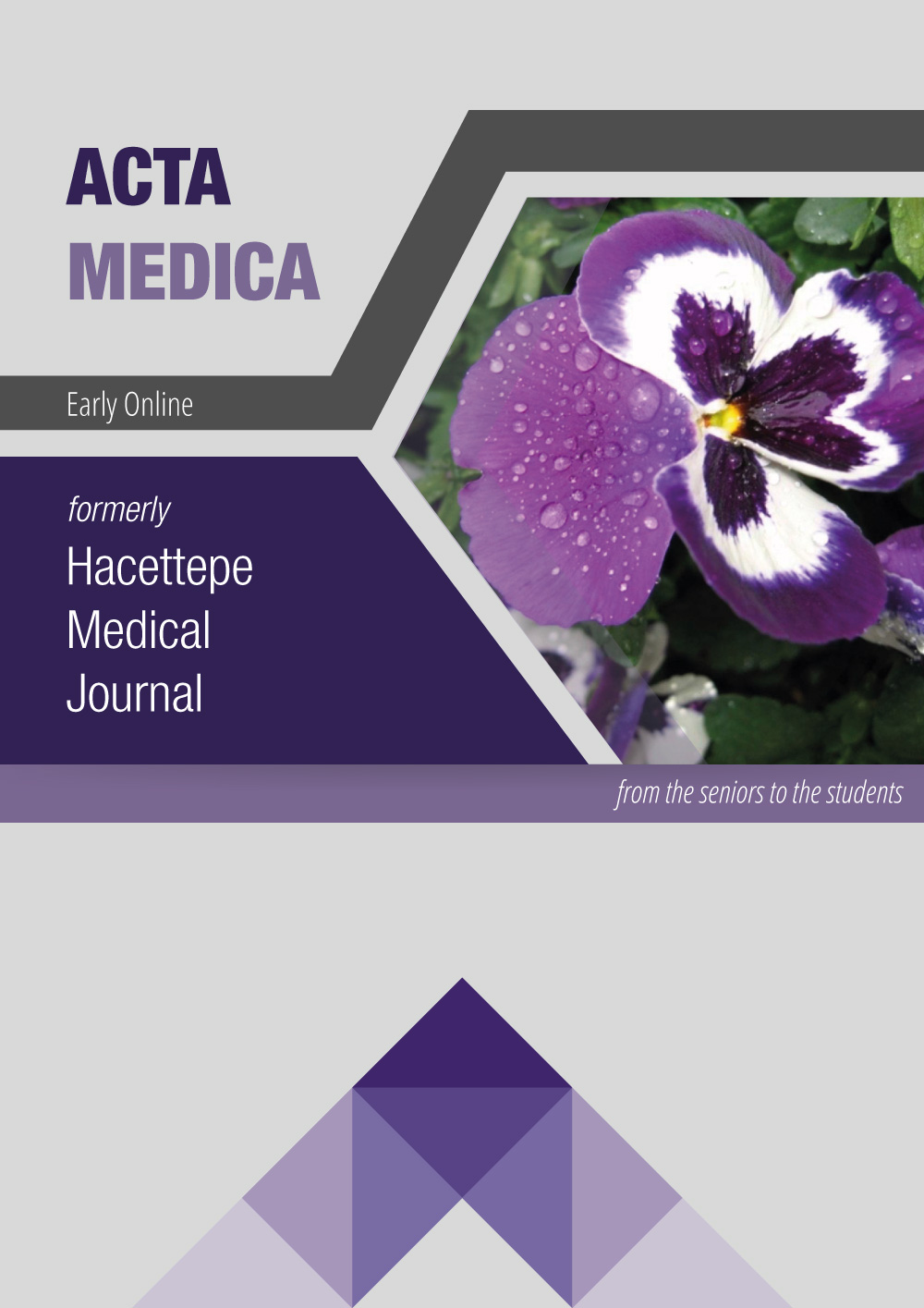A conflict choice of treatment during defibrillation in cardiopulmonary resuscitation: Lidocaine, amiodarone or both? A retrospective study
DOI:
https://doi.org/10.32552/2024.ActaMedica.987Keywords:
cardiopulmonary resuscitation, return of spontaneous circulation, lidocaine, amiodarone, defibrillationAbstract
Objective: Cardiopulmonary arrest is considered to be an unpredicted event leading to sudden death. The primary purpose of the study is to investigate the effects of antiarrhythmic drugs during defibrillation within cardiopulmonary resuscitation (d-CPR) on survival outcomes.
Materials and Methods: The antiarrhythmic drug treatment during d-CPR management in our hospital from 2015 to 2022 were evaluated retrospectively. Demographic information, and details related to resuscitation were obtained from the “Cardiopulmonary Resuscitation and Code Blue Forms”. According to inclusion criteria, from 898 patient data 135 were included. The treatment of anti-arrhythmic drugs administered during d-CPR management were lidocaine, amiodarone, or amiodarone&lidocaine together. Data recorded related to the present study were evaluated primarily according to the return of spontaneous circulation (ROSC) and survival outcomes.
Results: The mean cardiopulmonary resuscitation duration was 31.82±22.37 minutes in patients with ROSC and 42.40±9.28 minutes in non-ROSC, p<0.01. Amiodarone administration during d-CPR was the highest preffered treatment from 2015 to 2022, when compared with the usage of amiodarone&lidocaine together (14.1%), p<0.01. However the administration of lidocaine during d-CPR (39.3% of all) appered to be performed before 2020 in our hospital. Additionally amiodarone revealed a positive effect on systolic blood pressure and mean arterial pressure in ROSC patients (p=0.02, p=0.04 respectively), while the choice of antiarrhythmic drug treatment during d-CPR management showed no significant difference on survival status.
Conclusion: The observed ROSC was 42.2%. The choice of antiarrhythmic drug treatment during d-CPR management showed no significant difference on survival status, although amiodarone revealed a positive effect on systolic blood pressure and mean arterial pressure in the patients with ROSC.
Downloads
Downloads
Published
How to Cite
Issue
Section
License
Copyright (c) 2024 Acta Medica

This work is licensed under a Creative Commons Attribution-NonCommercial-NoDerivatives 4.0 International License.


